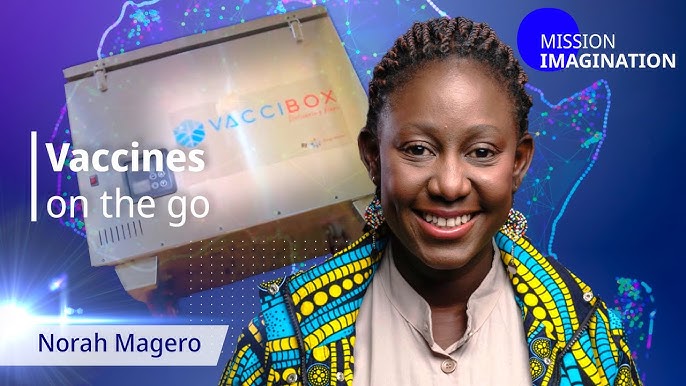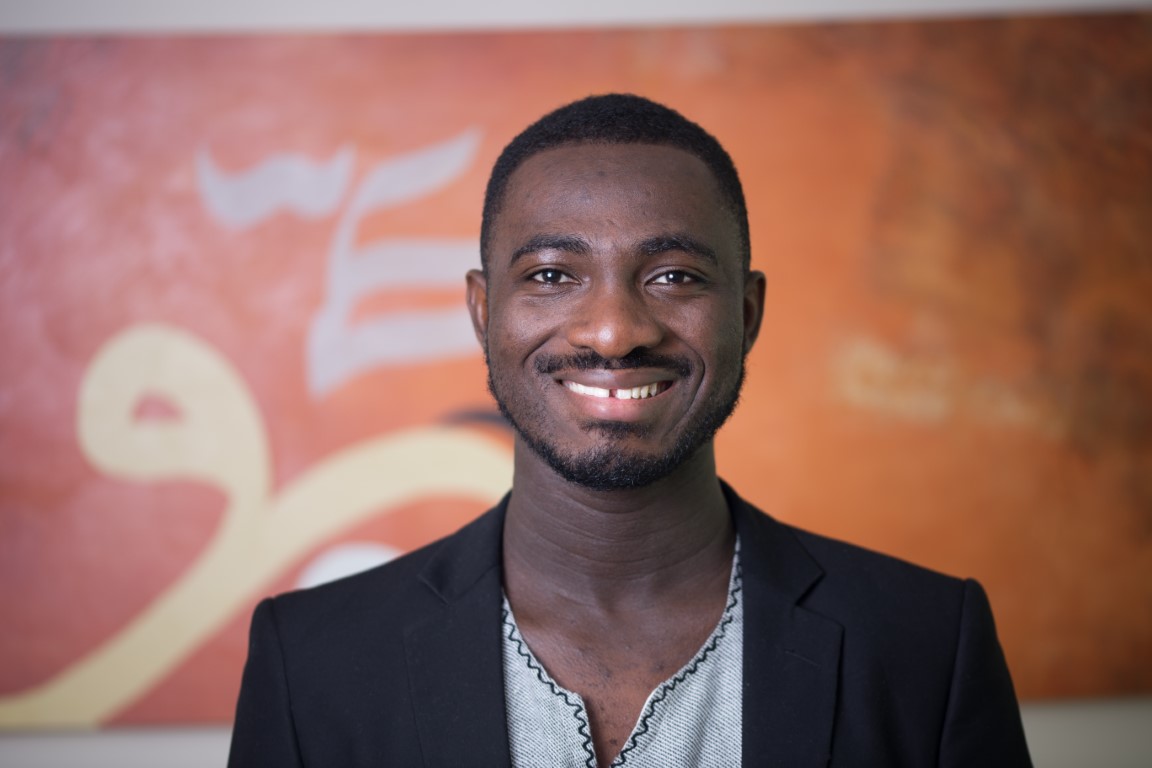(Founder Magazine): Norah, thank you for speaking with us. To begin, can you tell us about your background and what inspired you to become a founder?
Norah Magero: Thank you for having me. I am a mechanical engineer and passionate about creating solutions that address real challenges in African communities. I co-founded Drop Access, a social enterprise focused on renewable energy solutions. One of our flagship innovations is the VacciBox, a portable solar-powered fridge designed to safely store and transport vaccines in remote areas.
About the Startup
Q1. What exactly is Drop Access and what problem are you solving?
A: Drop Access is a social enterprise that develops renewable energy-powered technologies for rural and underserved communities. Our focus is on healthcare and agriculture. With VacciBox, we’re addressing one of Africa’s critical challenges—safe and reliable vaccine storage and delivery in off-grid areas.
Q2. Tell us more about the VacciBox. How does it work?
A: VacciBox is a small, lightweight, solar-powered fridge that can be carried on motorbikes, bicycles, or even by hand. It ensures vaccines remain at the required cold chain temperature, even in places without electricity. This is crucial for reaching rural children and communities who often miss out on essential vaccinations.
Q3. What inspired you to design this particular solution?
A: I grew up in a rural area and witnessed how lack of infrastructure affects access to healthcare. When COVID-19 and other vaccination campaigns faced distribution challenges, I knew technology could help bridge the gap. That’s when we created VacciBox to make vaccine delivery reliable and scalable.
 Journey as a Founder
Journey as a Founder
Q4. What challenges have you faced in developing and scaling VacciBox?
A: Funding was the first major hurdle. Developing hardware is expensive, and convincing investors to back an African health-tech innovation wasn’t easy. We also faced challenges in regulatory approvals, field testing, and ensuring the product was affordable for governments and NGOs.
Q5. What has been the proudest moment in your entrepreneurial journey so far?
A: Winning the Africa Prize for Engineering Innovation in 2022 was a big moment—it validated our work and brought global attention to VacciBox. But the proudest moments are when we see the technology saving lives in remote clinics.
Q6. How do you envision Drop Access growing in the next five years?
A: Our vision is to expand VacciBox usage across Africa and also adapt the technology for agriculture—helping farmers store milk, fish, and produce in rural areas. We want to empower off-grid communities with reliable, sustainable cold storage.
 Advice for Startup Founders
Advice for Startup Founders
Q7. What advice would you give to other African founders tackling big challenges?
A: Start with the problem, not the product. Make sure what you’re building truly addresses a pressing need. Also, don’t be discouraged by obstacles—hardware startups, in particular, face a tough journey, but perseverance pays off.
Q8. What keeps you motivated despite the challenges?
A: The impact. Every time I see children receiving vaccines in remote areas thanks to VacciBox, I know our work matters. That impact is bigger than the setbacks.





